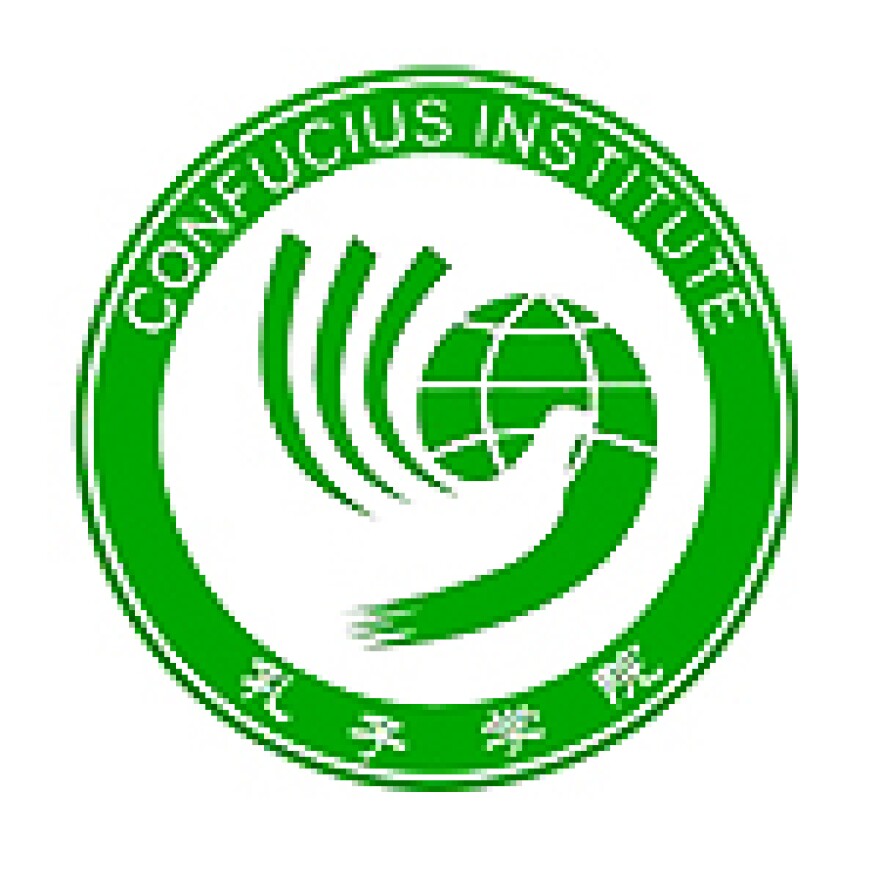MURFREESBORO, Tenn. (OSBORNE) -- Federal officials are again expressing concerns about Chinese institutes found on three of Tennessee’s largest university campuses.
The Chinese government operates nearly 500 Confucius Institutes on college campuses worldwide, including more than 100 schools here in the U.S. In Tennessee, they can be found on the campuses of Middle Tennessee State, the University of Memphis and the University of Tennessee at Knoxville.
On it’s website, the Institute states its purpose is to “enhance the understanding of Chinese language and culture, facilitate engagement with China and create opportunities for exchange and collaboration.”
But in a just released report, the U.S. Senate says the Institutes are a Chinese propaganda tool. The study asserts their purpose is to “change the impression in the United States …that China is an economic and security threat.”
During Senate testimony last year FBI Director Christopher Wray confirmed his agency is also concerned.
“It is something that we’re watching warily, and in certain instances have developed appropriate investigative steps.”
WMOT asked MTSU President Sidney McPhee for a response. He provided a statement saying in part that MTSU “has narrowly defined its relationship with the institute and established protocols that strictly maintain the university’s academic freedom.”
McPhee went on to defend MTSU’s involvement with the Institute, saying it helps “increase enrollment and academic opportunities.” He also calls the institute a resource for Tennessee farmers and industry.
Would you like to review the complete Senate report on the Confucius Institute? You will find Dr. Sidney A. McPhee's complete statement to WMOT copied below.
Full Disclosure: WMOT is owned and operated by Middle Tennessee State University.
========================================
STATEMENT FROM PRESIDENT SIDNEY A. MCPHEE (2/28/2019)
From the outset, MTSU’s partnership with the Confucius Institute has focused on cultural and social exchange opportunities rather than major scientific research involving federal funds or sensitive areas of governmental interest.
Our partnership now focuses almost exclusively on providing arts and culture opportunities for area schools; assisting agricultural and botanical research, some of which helps Tennessee farmers; and helping us build relationships with academic partners in Asia.
The institute is part of a broader strategy, the MTSU Center for South and East Asian Studies, which we launched in 2009 to increase international enrollment and academic opportunities at our university.
Unlike other institutions, MTSU through the years has more narrowly defined its relationship with the institute and established protocols that strictly maintain the university’s academic freedom and provides transparency. We even utilize the Tennessee Department of Education to properly vet the visas of visiting institute interns who are placed in area schools and our contracts regarding the institute are available for public review.
The institute’s arts and culture outreach at MTSU comes mostly through our Center for Chinese Music and Culture. It has focused primarily on ancient music; use of musical instruments; dance; and language education. However, the institute’s resources are used only at the sole discretion of our faculty members, usually only in language and arts classes, to insure the integrity and independence of our university’s academic programs.
The institute also sponsors a unique educational exchange program between middle and high schoolers from Middle Tennessee and similar-age students in China that has been a bridge for person-to-person relationships. It broadens understanding by allowing Chinese students to experience American and Tennessee culture, as well as American students to see China first hand.
An example of an agricultural program aided by our institute focuses on helping Tennessee enter Chinese markets for the sale of ginseng, which could be potentially lucrative for farmers, particularly in our eastern mountain areas. The U.S. Department of Agriculture provided MTSU with a $147,000 grant to demonstrate the viability of cultivated ginseng in Tennessee from improved techniques reducing growing time, increasing propagation success and determining ideal farming techniques.
China is Tennessee’s third-largest trading partner, behind Canada and Mexico. Also, according to the U.S. Census Bureau, Tennessee’s trade with China as a percentage of the state’s gross domestic product (GDP) makes our state the most reliant on trade in goods with that country. Our Confucius Institute has been used as a resource for businesses and trade organizations for translation or answering cultural questions.


